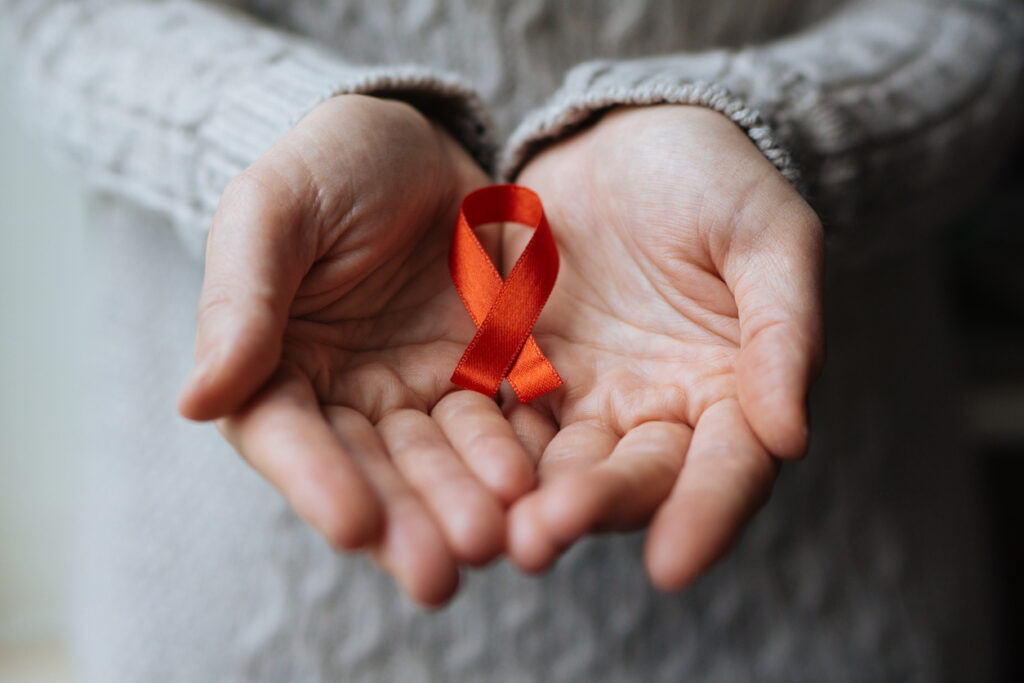Over thirty years on since It’s A sin in Europe and the USA, the common image of someone living with HIV is a gay or bisexual man. Yet a third of people in England diagnosed and receiving treatment are women. Among the people found by the pilot opt out testing of people in A&E, funded by the Elton John Aids Foundation, was an eighty six year old woman who was unaware of her status.
Despite forty years significant success in HIV prevention and treatment women, from a wide variety of backgrounds and cultures, continue to face unique barriers to accessing care, support, and education such as mistaken assumptions about risk. Many women in the UK are not offered information or testing. So while HIV diagnosis is declining in white gay and bisexual men, cases in heterosexual women rose by 26% from 447 in 2021 to 564 in 2022. When it comes to PrEP just 36% of women identified with a need initiated or continued PrEP in 2022. Amongst men who have sex with men, the proportion was 74%.
Comprehensive sex education in schools and community outreach programs can empower women with the knowledge they need to protect themselves and others from HIV transmission. Especially when they address stigma and discrimination surrounding HIV, which often deter women from seeking testing and treatment.
HIV testing uptake is highest among eligible gay, bisexual and men who have sex with men 74% and lowest among eligible women 38%. The barriers HIV testing and healthcare services which women face, including geographical distance, lack of transportation, need to be removed. Community-based clinics and integrated sexual health services accessible by public transport and open when women can juggle work and family responsibilities are essential. Additionally, healthcare professionals should receive training on gender-sensitive care.


Recognising the diversity of women and the vulnerabilities of marginalised groups is key to increasing prevention testing and treatment. Women from ethnic minority backgrounds, LGBTQ+ women, and women who inject drugs are disproportionately affected and acknowledgement of the difficulties they are coping with are necessary to ensure that no woman is left behind in the HIV response.
The government could do three things to address these issues.
- Government must deliver targeted HIV health promotion campaigns for women: These must be, developed in collaboration with women.
- Women’s Health Hubs must be utilised for HIV services: The services offered at all Women’s Health Hubs should include sexual health and HIV.
- Ensuring health care professionals use appropriate language in dialogues with women: It is crucial that health care professionals are equipped to discuss HIV more effectively with women.
After four decades we know that the messages and services to prevent HIV transmission and treat people who are positive effectively have to be carefully crafted to reach different groups. The battle against HIV will not be won without women – even 86 year olds – so for everyone’s sake let’s include them now.
Politics.co.uk is the UK’s leading digital-only political website, providing comprehensive coverage of UK politics. Subscribe to our daily newsletter here.












